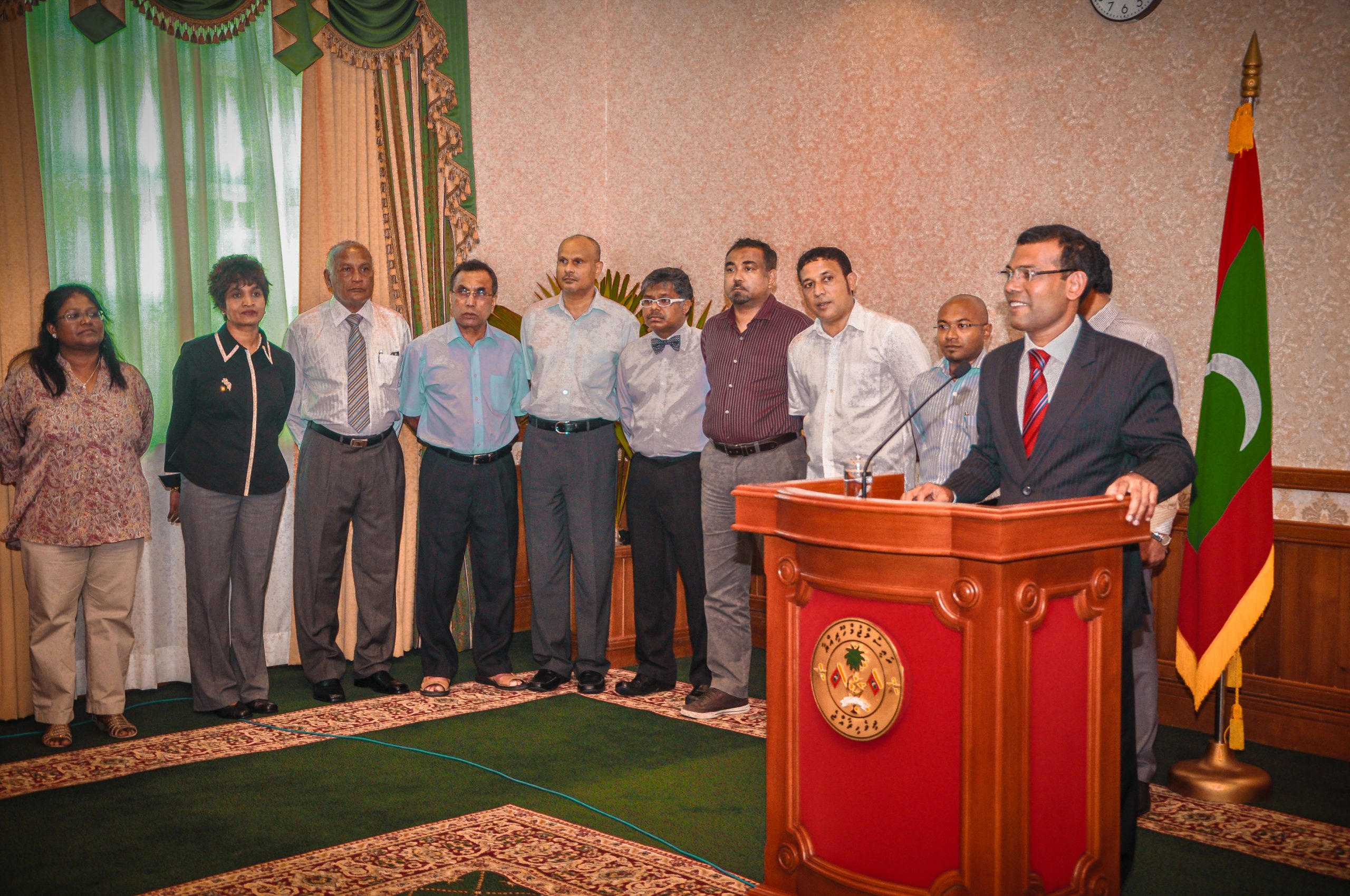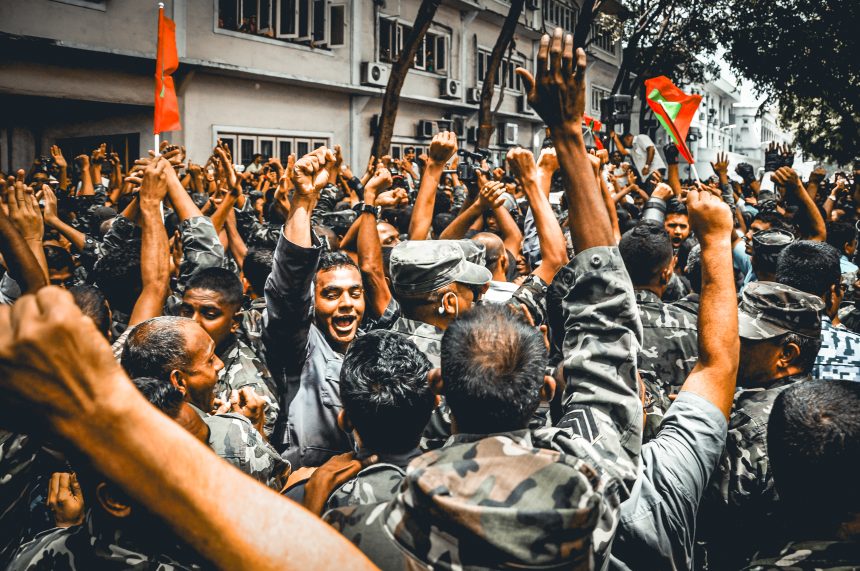Reflecting on the Political Upheaval of 2011–2012 and Its Enduring Impact
The Maldives, renowned for its idyllic landscapes, has faced significant political turbulence, particularly during the pivotal years of 2011 and 2012. This period not only tested the nation’s nascent democratic institutions but also highlighted the intricate challenges inherent in transitioning from prolonged autocratic rule to a functioning democracy.
Historical Context: The Road to Democracy
The Maldives’ journey toward democracy has been a nuanced process. While the first written constitution appeared in 1932, its implementation was short-lived for just 9 months. Subsequent constitutional iterations reflected the evolving political landscape. The 1998 Constitution, while focused on development, ultimately proved insufficient in addressing the growing demands for broader freedoms.
The promulgation of the 2008 Constitution, with its emphasis on the separation of powers and independent institutions, held promise. However, the subsequent transition period highlighted the inherent difficulties in shifting from a more authoritarian system to a robust democratic framework, influenced by long-standing political traditions and cultural norms. President Nasheed’s administration, while rhetorically supportive of freedoms, arguably lacked a consistent and strategic approach to cultivating public trust in the newly established independent institutions.
This historical context is crucial for a comprehensive understanding of the events that unfolded in 2011 and beyond.
The Maldives’ pursuit of democratic governance has been fraught with complexities. While the 2008 Constitution introduced promising reforms, including the separation of powers and the establishment of independent institutions, the subsequent years revealed the difficulties of implementing these ideals. The administration of President Mohamed Nasheed, despite its pro-democracy stance, encountered obstacles in fostering public trust and effectively managing the newly formed democratic structures.
Catalysts of Unrest: Economic Strain and Public Dissent
In May 2011, Malé witnessed significant protests, initially driven by economic grievances such as rising commodity prices and low wages. These demonstrations, however, evolved into broader expressions of dissatisfaction with President Nasheed’s government. Critics accused the administration of mismanagement and failing to uphold democratic principles, leading to a surge in public discontent.
The GMR Agreement: A Flashpoint in Public Discontent
The government’s decision to privatize Malé International Airport through an agreement with India’s GMR Group became a major point of contention. Many Maldivians viewed the deal as compromising national sovereignty, and the lack of transparency surrounding the agreement further fueled public distrust. This controversy intensified the already volatile political climate, contributing to the mounting challenges faced by Nasheed’s administration.
Judicial Crisis: The Arrest of Chief Judge Abdulla Mohamed
Tensions escalated dramatically in January 2012 when Chief Judge Abdulla Mohamed of the Criminal Court was arrested by the Maldives National Defence Force. The government justified the arrest by alleging that the judge had obstructed police duties and interfered with investigations. However, opponents perceived this move as politically motivated, aiming to suppress judicial dissent. The arrest led to widespread protests and raised serious concerns about the government’s commitment to judicial independence and due process.
A Contentious Resignation: Debates Over Nasheed’s Departure
The political crisis reached its peak on February 7, 2012, when President Nasheed resigned under circumstances that remain hotly debated. Nasheed and his supporters have characterized his resignation as coerced, alleging a coup d’état facilitated by opposition forces and elements within the security services. Conversely, the succeeding government, led by then-Vice President Mohammed Waheed Hassan, maintained that the transfer of power was constitutional and voluntary. This dispute underscored the deep divisions within Maldivian society and highlighted the fragility of its democratic institutions.

International Concern and the Quest for Stability
The events of 2011 and 2012 drew significant international attention, with organizations such as the Commonwealth expressing concern over the Maldives’ political trajectory. Calls for early elections and the restoration of democratic norms were prevalent. Despite subsequent elections and efforts to stabilize the political environment, the Maldives continues to grapple with challenges including political polarization, allegations of corruption, and the need to strengthen democratic institutions.
Looking Ahead: Lessons and Imperatives
Reflecting on this tumultuous period, it becomes evident that the Maldives’ journey toward a stable democracy requires sustained commitment to dialogue, inclusivity, and adherence to the rule of law. Building resilient institutions and fostering a political culture that values transparency and accountability are essential steps toward ensuring that the nation can navigate future challenges and uphold the democratic aspirations of its people.
As the Maldives continues to evolve, the lessons from its past underscore the importance of vigilance and proactive engagement in safeguarding its democratic foundations. The path to enduring stability is complex, but with concerted effort and a shared commitment to democratic principles, the Maldives can aspire to a future marked by peace, prosperity, and robust governance.
Written by Miraz Ahmed (Page)




